In today’s digital world, it’s hard to ignore the potential benefits social media can bring to your business. However, with an ever-growing array of platforms to choose from, it can be challenging to decide where to invest your time and resources. To streamline this process, we’ll delve into the nuances of each major social media platform and discuss what types of businesses can get the most out of each.
8 Major Social Media Platforms
With 2.99 billion users in 2023, Facebook’s broad demographic reach makes it an invaluable tool for virtually any business. However, its local business features are particularly powerful. Retailers, restaurants, and service-oriented businesses can benefit from its targeted ads, customer reviews, and ability to share updates. Furthermore, Facebook’s groups feature can help brands create online communities around their products or services, nurturing customer loyalty and engagement.
If your business thrives on visual content, Instagram is your platform. Perfect for fashion labels, travel agencies, restaurants, photographers, and influencers, Instagram’s emphasis on high-quality visual content and storytelling can help such brands immensely. From sharing behind-the-scenes stories to product launches in a visually pleasing manner, Instagram gives businesses an avenue to express their personality and connect with their customers on a more personal level.
LinkedIn serves as a hub for professional networking. It’s particularly well-suited to B2B businesses, recruitment agencies, consulting services, and educational platforms. Businesses can establish thought leadership, share industry insights, and create a network of industry professionals. Furthermore, its robust job search and recruitment tools make LinkedIn indispensable for businesses looking to attract top talent.
YouTube
YouTube is ideal for businesses that can leverage video content. Tech companies offering software solutions can share tutorials, while beauty and fashion brands can post product reviews or demonstrations. Educational institutions and e-learning platforms can share informative content or free classes. Remember, YouTube isn’t just a video platform; it’s the second largest search engine after Google, making it crucial for SEO.
Pinterest serves as an ideas and inspiration catalog for its users. Businesses related to fashion, interior design, wedding planning, travel, food, and DIY crafts can harness Pinterest’s power to drive immense traffic to their website.. Pinterest is perfect for businesses that create original content or have visually appealing products or an online store. Pinterest is also helpful for anyone that offers affiliate marketing and referral links and is a great tool for Search Engine Optimization. It’s a powerful platform for driving website traffic and sales.
Google Business
Google Business Manager is a crucial platform for local businesses. Restaurants, service-area businesses, and retail stores can boost local visibility, share updates, and collect reviews. Information from Google My Business profiles also feeds into Google Maps, helping potential customers easily locate your business.
TikTok
TikTok’s popularity among Gen Z and younger millennials makes it a great platform for brands targeting a younger audience. Fashion, beauty, fitness, entertainment, and food industries can leverage its short, viral videos to reach a wider audience. Brands can also ride on trending challenges, dances, or sounds to create viral content.
Threads
This new text-based platform, Threads, seems to be ideal for businesses needing real-time engagement. Media companies, news agencies, sports-related businesses, and customer-service-oriented brands can use Threads to provide timely updates, handle customer service, or participate in trending conversations. Its real-time nature makes it perfect for businesses requiring rapid communication with their audience. Threads can also help foster a sense of community and promote collaboration within communities or among customers.
Choosing the right social media platform for your business comes down to understanding your target audience, identifying the nature of your business, and defining your marketing goals. However, even if you don’t plan to post regularly, reserving your business name across these platforms ensures brand consistency and prevents potential name confusion.
Remember, it’s not about being everywhere; it’s about being where it matters most. Once you’ve selected the right platforms, focus on creating high-quality, engaging content that resonates with your audience and aligns with your brand. Social media is a powerful tool – wield it wisely!
As always, I’m here to help. If you need further assistance in developing your social media strategy, feel free to reach out. I’d love to guide you through the exciting world of social media marketing!
This is a contributed piece published by Leia Owen, a marketing & business consultant that brings a collaborative approach to helping entrepreneurs and small business owners increase leads and sales, generate local awareness, grow their businesses, and get time back to spend on what they are most passionate about.

Leave a Reply